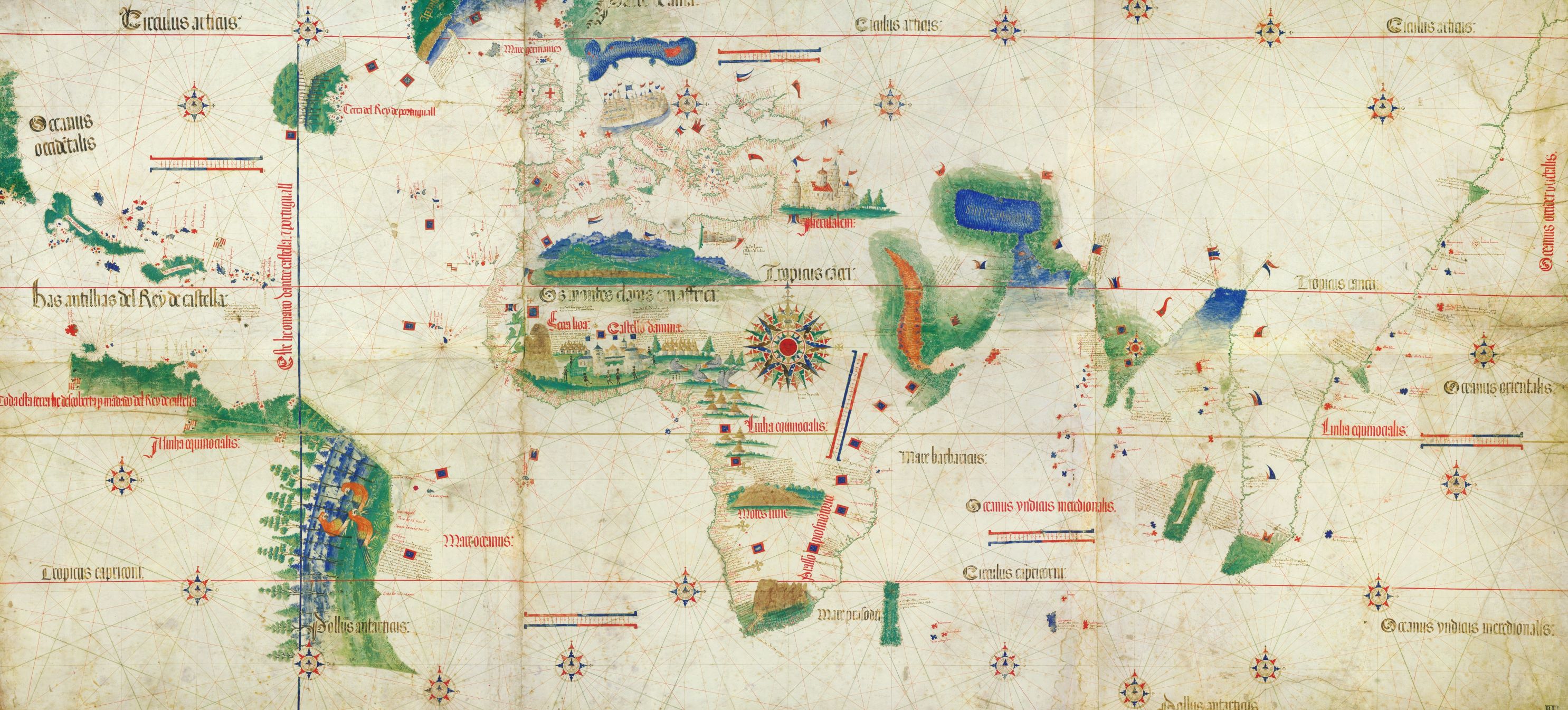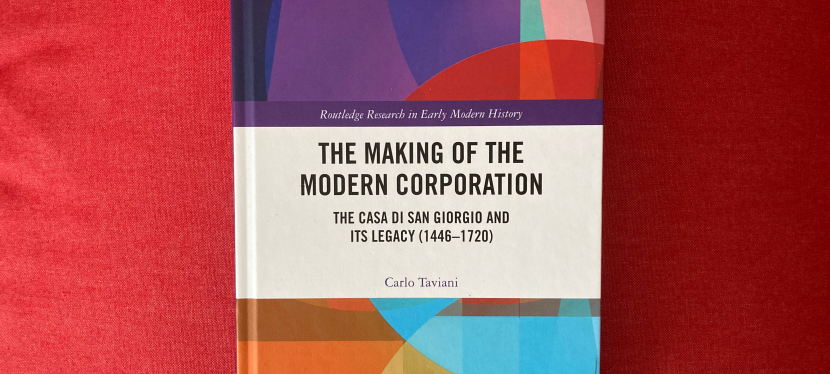The conference on Maria Theresa’s thalers and silver trade in the 18th century will take place on Thursday, 25 May 2023 from 3.00 pm to 7.30 pm in Antico Caffè San Marco, Via Cesare Battisti 18, Trieste.
New Book by Alida Clemente: Un console mercante nella Napoli borbonica (1734-1755). Reti, nazioni e istituzioni nei giochi dello scambio
Abraham Sandol was a merchant originally from Neuchâtel who landed in Naples in 1734, where he remained until the end of his days in December 1755. The traces of his story provide an inside view of the workings of markets and the contradictions of mercantilism, the progress of commercial society in the economy of privilege and the inextricable entanglements between the spaces of institutions and the games of exchange.
Un console mercante nella Napoli borbonica (1734-1755). Reti, nazioni e istituzioni nei giochi dello scambio, by Alida Clemente, Edipuglia, Bari 2022 (Mediterranea 38).
Intrecci globali e retaggi coloniali in Italia – Strategie di public history tra università, musei e movimenti
Da secoli, la penisola italiana è connessa tramite una molteplicità d’intrecci (di tipo coloniale e non) ad altre regioni del mondo. In parte, le dinamiche globali a cui i territori italiani hanno storicamente partecipato son o sprofondate nell’oblio e solo negli ultimi anni iniziano a essere riscoperte nell’ambito di ricerche su fonti conservate in archivi, biblioteche e musei. Altre storie, invece, sono giunte sino a noi come parte di retaggi coloniali che, presenti nello spazio pubblico, sono sempre più contestati. Da alcuni anni, la trasformazione della società italiana innescata dalle migrazioni intercontinentali, in particolar modo in provenienza dall’Africa, nonché l’emergere di movimenti sociali, a loro volta interconnessi su scala internazionale, alimentano nuovi dibattiti e pongono la questione di come affrontare – nella ricerca e nello spazio pubblico – questi passati complessi. A questo proposito, l’incontro vuole costituire un momento di confronto tra studiose/i attiviste/i e membri di istituzioni volte alla disseminazione dei saperi.
20-21 ottobre 2022, Istituto Svizzero, Roma
MedAtlantic. Perspectives on Past Genoese Merchant Networks – A Documentary on Carlo Taviani’s Research Project
A 20-minute documentary film based on Carlo Taviani’s research project on Genoese merchant networks in Africa and across the Atlantic Ocean, as part of the international project of the Max Weber Foundation Knowledge Unbound. The period from ca. 1450–1530 is investigated through archival studies. And with it, the trade of enslaved persons, which began in the Atlantic region in the first decades of the 16th century, comes into view. The film journeys through the Mediterranean region and the Atlantic and presents new perspectives and assessments on this research topic. Click on the links below to watch the documentary in Italian, German or English.
New Book by Carlo Taviani: The Making of the Modern Corporation. The Casa di San Giorgio and its Legacy (1446-1720)
This book traces the origins of a financial institution, the modern corporation, in Genoa and reconstructs its diffusion in England, the Netherlands, and France. At its inception, the Casa di San Giorgio (1407–1805) was entrusted with managing the public debt in Genoa. Over time, it took on powers we now ascribe to banks and states, Read more
Bead cultures of southern Nigeria – fieldwork 2022
by Roberto Zaugg
In August 2022, I had the opportunity to visit southern Nigeria and do some fieldwork on beads, religion, and fashion. For three weeks, I profited from the precious support and enjoyed the hospitality of friends and colleagues. Their help was decisive in making this journey a successful scholarly venture. Read more
Academic Scholarship and Decolonial Activism
Roberto Zaugg, “Intrecci transimperiali nell’Atlantico moderno. Storiografia accademica e attivismo decoloniale in Germania e in Svizzera”, Storica 79 (2021), pp. 9-52.
On the one hand, this article discusses the historiographical rediscovery of those manifold threads that connected the Holy Roman Empire and the Swiss Confederacy to the Americas and to sub-Saharan Africa. On the other, it examines public debates and memorial activism aimed at promoting a «decolonisation of public space». It argues that, while exchanges between historical research and social activism have overall been fruitful, in some cases tensions have emerged between academic scholarship and decolonial claims.











